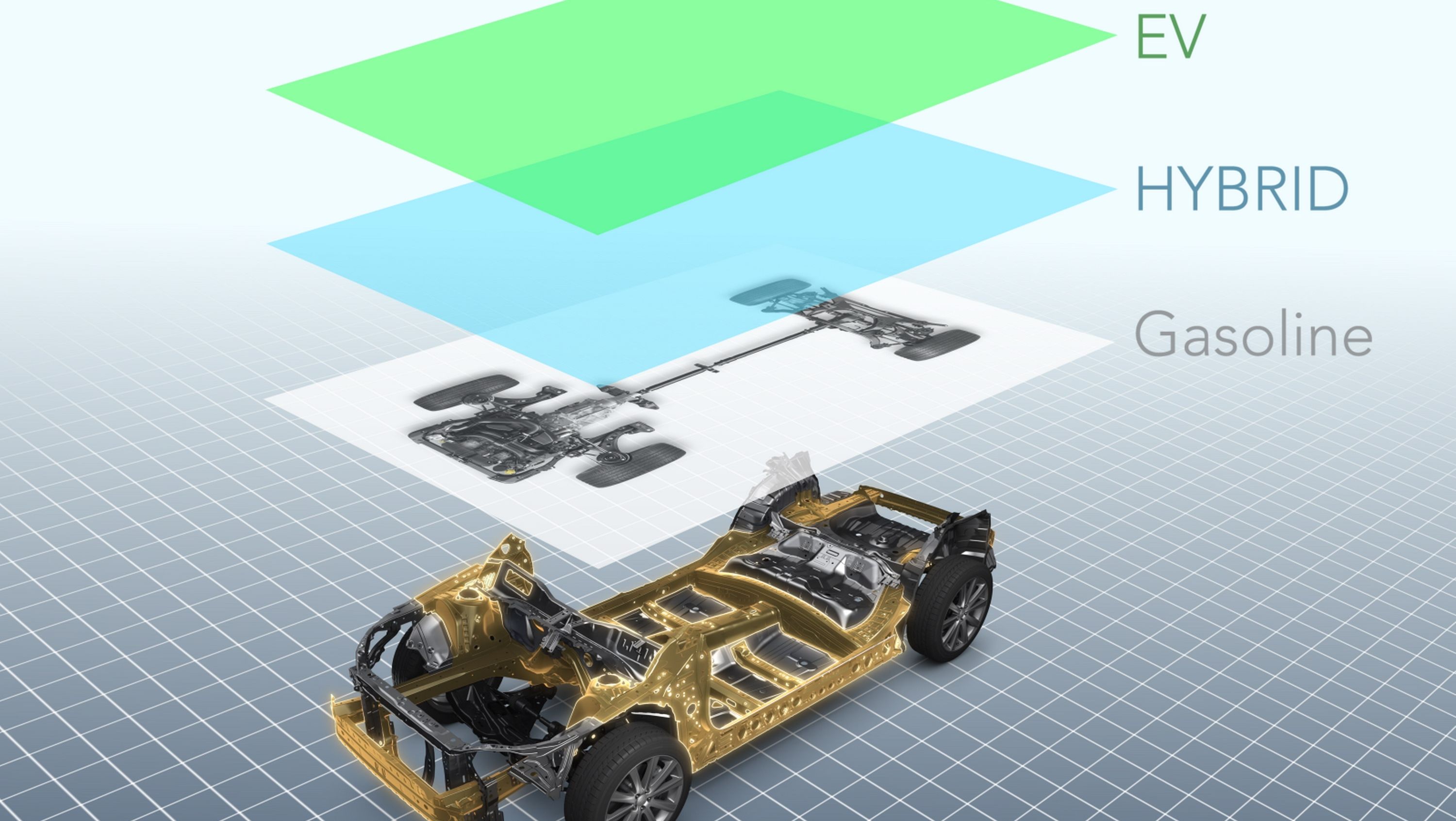As more and more automakers are diving deep into the EV market, one automaker appears to be content on making a slow transition into the segment. That was the tone of Subaru Australia’s managing director Nick Senior, who told Drive that while parent company Fuji Heavy Industries is preparing to eventually make a play in the EV market, it’s not something that the actively pushing for at the moment.
In the meantime, Subaru seems to be content with its current strategy of building up a lineup that has been posting healthy sales numbers in recent years, including in the U.S. where the company has been able to keep a 57-month streak of continued increase in sales volume.
But that’s not to say that Subaru is playing its EV cars too slow. Eventually, Senior admitted that the automaker will embrace the development of electric vehicles, especially as that market grows to become a significant segment unto itself. The good news is that even if Subaru isn’t as active as its competitors in the development of EV models, it’s not sitting completely idle either.
The Subaru Global Platform that the automaker unveiled in March 2016 was designed to support a whole range of different powertrain types, including traditional gas, hybrid, plug-in hybrid, electric, and even hydrogen fuel cell. Having the backbone of its cars in place for the foreseeable future is significant because even if Subaru doesn’t rush into the development of electric cars, it already has one of the foundational pieces in place to make the transition a lot smoother when the time comes for it to dive head-first into that pool.
Continue after the jump to read the full story.
Is this the smart play?
On the surface, this “wait-and-see” approach looks like a setup for failure, or at least a setup to an inevitable attempt on trying to catch up with the rest of the industry. But if you think about it, there is a reason behind Subaru slow-playing its development of EV vehicles and that’s tied into maximizing its present-day success.
This touches into the everyday struggles of automakers on trying to balance what it has now and preparing for what lies ahead. The balancing act becomes a lot trickier when these companies are dealing with something as obtusely complex as electric vehicles because of all the other factors – regulations being one of them – that all these automakers have to consider.
For its part, Subaru’s strategy could be tied into letting these factors get straightened out before it fully commits to developing its EV lineup. It’s obviously in a unique place being a subsidiary of a multinational conglomerate specializes in a lot of different disciplines. Having access to these other specializations can be considered as an advantage that Subaru could tap when the time comes that it needs it, thus allowing it to make up for whatever ground it loses to its rivals in short order.
That’s one reason I can think of why Subaru isn’t rushing the development of its EV lineup. Certainly, a point will come when it needs to start investing a lot of its time in developing the technologies needed. it’s just that having the backing of Fuji Heavy Industries and all of its other companies could afford Subaru the leeway that a lot of other automakers don’t have. That’s not necessarily a fact, but it does make sense in my mind.

